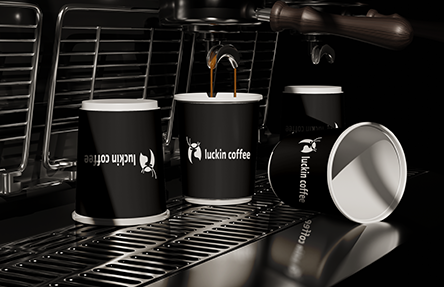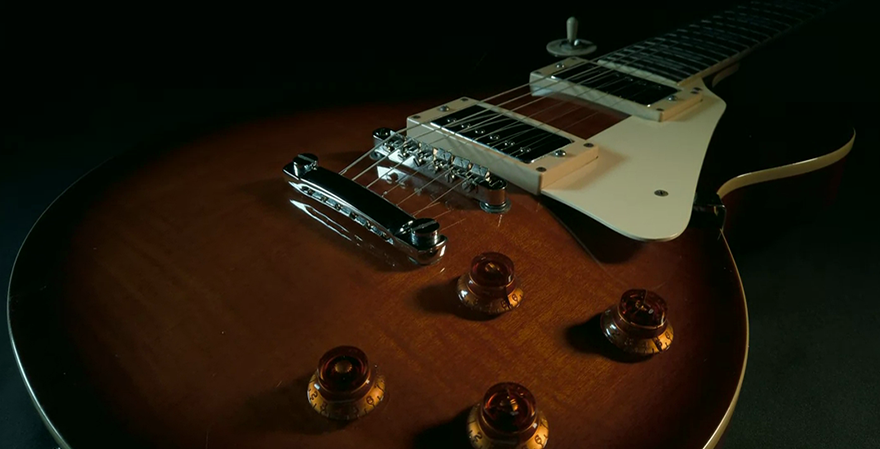Mattel Grows Brand with 'ASTRO FUNK' and Defends Trademarks Amid Shifting Manufacturing Strategy
 Mar/17/2025
Mar/17/2025
On March 12, Mattel filed a trademark application for 'ASTRO FUNK', covering toy vehicles and accessories. Alongside this, the company filed an opposition against the 'LEGAL BARB' trademark, which it claims conflicts with its own brand identity. This move comes as Mattel continues to diversify its manufacturing strategy. CEO Ynon Kreiz confirmed the company’s efforts to reduce its reliance on China, planning to close one of its factories by 2025, aiming to distribute production more evenly across the globe.
Mattel’s filing for the 'ASTRO FUNK' trademark reflects its ongoing drive to expand its diverse portfolio, which already includes globally recognized brands like Barbie and Hot Wheels. The 'ASTRO FUNK' mark targets the burgeoning market for toy vehicles, positioning Mattel to tap into new segments within the toy industry. This strategic trademark filing is a part of Mattel’s broader goal to remain competitive in a sector that continues to see innovation and shifting consumer preferences. At the same time, Mattel is defending its intellectual property with a trademark opposition against 'LEGAL BARB', a mark filed for clothing and association services. This opposition highlights Mattel’s commitment to protecting its flagship brands from potential confusion and dilution. With strong growth projections for the toy sector, Mattel is looking to secure both its brand identity and its market position, ensuring that its products remain distinct in an increasingly crowded marketplace. The following visualisations show detailed information on the new Mattel US trademark and the opposed trademark by Mattel.
In addition to its trademark actions, Mattel is navigating shifts in its global manufacturing strategy. The company plans to close a factory in China by 2025 as part of a broader effort to reduce its reliance on a single region. Currently, China accounts for nearly 40% of Mattel’s production, but the company is working to ensure that no single country represents more than 25% of its total manufacturing output. This diversification strategy follows broader industry trends, with other major players like Hasbro facing similar challenges. Despite these shifts, Mattel remains a dominant player in the U.S. toy market, which continues to lead globally with nearly 40 billion U.S. dollars in annual sales. As Mattel restructures its manufacturing and bolsters its brand protection, it aims to maintain its competitive edge in a market projected to grow significantly in the coming years. With innovations in toy categories such as construction kits and educational toys, Mattel is positioning itself for long-term success while balancing the challenges of global trade and production. The following chart shows the net sales of the Mattel company worldwide from 2020 to 2024, by quarter (in million U.S. dollars).






















